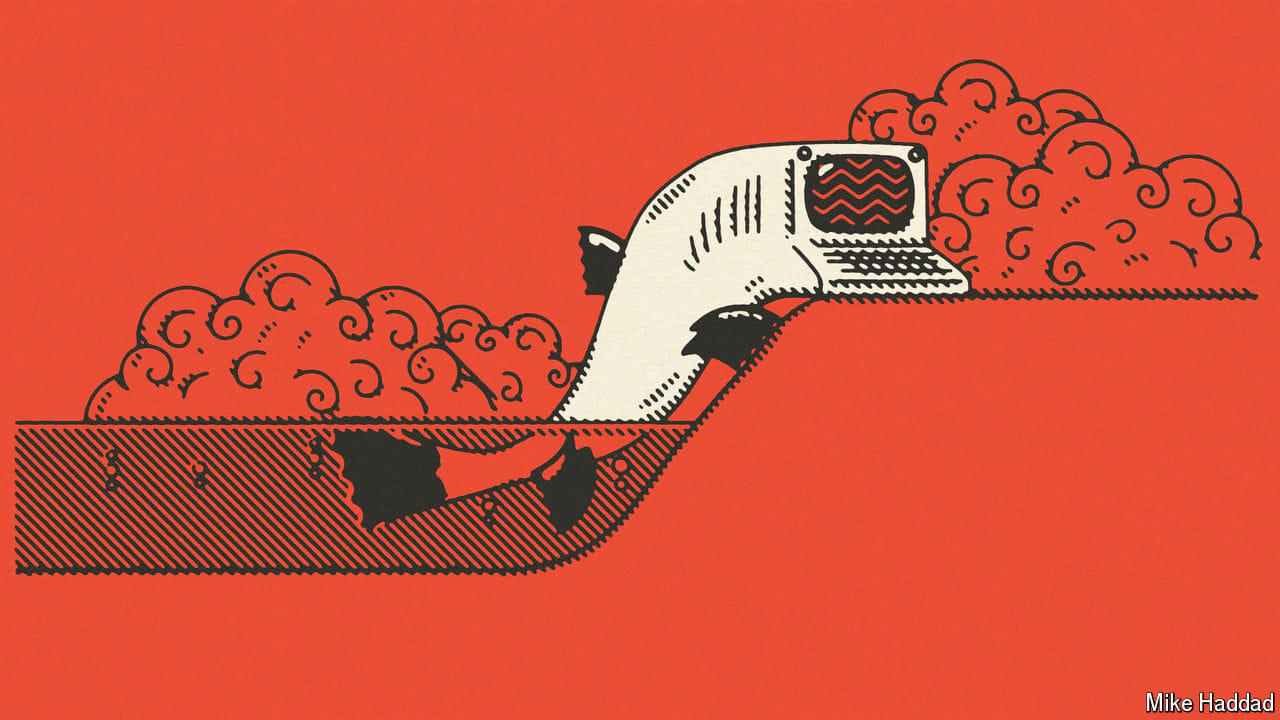Damage from climate change will be widespread and sometimes surprising
It will go far beyond drought, melting ice sheets and crop failures

Editor’s note: This article is the fourth in a series of climate briefs. To read the others, and more of our climate coverage, visit our hub at economist.com/climatechange
ON NOVEMBER 21ST 2016, a line of thunderstorms passed through the Australian state of Victoria. By the end of the following day, it had sent 3,000 people to hospital. Storms typically hurt people by blowing down buildings, flooding streets or setting fires. In this case, though, the casualties were caused by asthma. Late that afternoon a peculiarly powerful downdraft generated by the storm front pushed a layer of cold air thick with pollen, dust and other particles through Melbourne. The city’s ambulance service was swamped within hours. At least ten people died.
This article appeared in the Schools brief section of the print edition under the headline “The widespread damage from climate change”
More from Schools brief

The race is on to control the global supply chain for AI chips
The focus is no longer just on faster chips, but on more chips clustered together

AI firms will soon exhaust most of the internet’s data
Can they create more?

A short history of AI
In the first of six weekly briefs, we ask how AI overcame decades of underdelivering
Finding living planets
Life evolves on planets. And planets with life evolve
On the origin of “species”
The term, though widely used, is hard to define
Making your way in the world
An individual’s life story is a dance to the music of time
